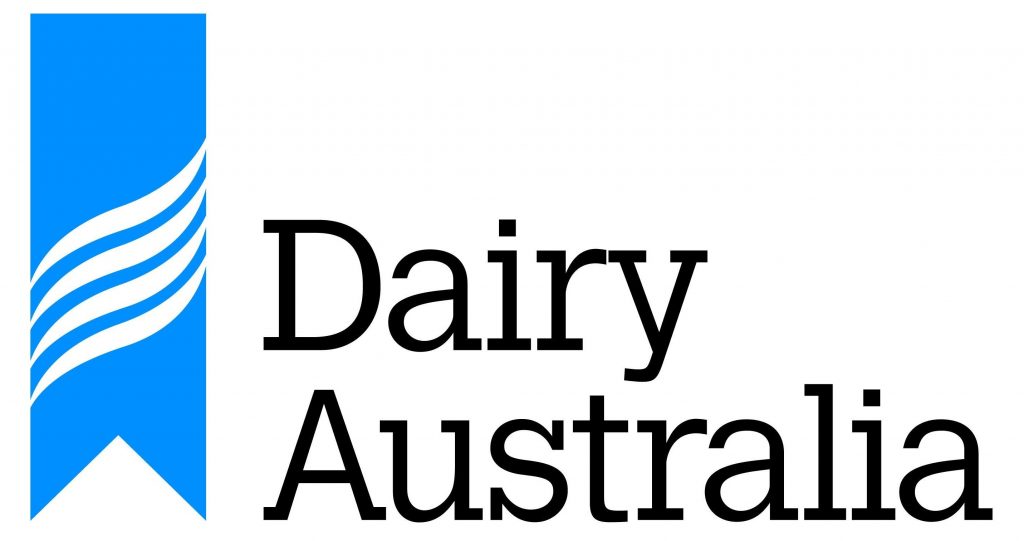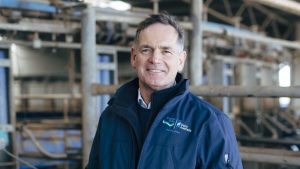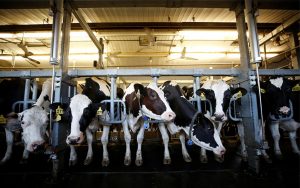
Mr Beca is entitled to his opinions, but I do not recognise the organisation he portrays and his unfounded criticisms need to be addressed.
Throughout my involvement with DairySA and Dairy Australia and as a dairy farmer for the past thirty years, I have observed only dedication, commitment and expertise from the Boards and employees of these organisations.
The basis of his analysis appears flawed – it isn’t right to have a narrow and stilted view of being ‘merit-based’ versus ‘relationship-based’. Dairy Australia’s culture is probably best described as a combination of the two – there is a clear focus on individual performance, which is informed by the need for people development, team cohesion and engagement with key stakeholders, in order to deliver the best outcomes for levy payers.
Mr Beca is correct to say that Boards are responsible for setting the culture of their respective organisations. Dairy Australia operates a skills-based Board to ensure experienced and robust oversight of the organisation’s activities. Board Directors are selected for election by our members on the basis of their skills and experience – in dairy farming and other important aspects of business. This expertise is used to hold management to account in the delivery of agreed strategic priorities.
Dairy Australia’s Board is made up of skilled people who are all advocates of the industry. They are governed by principles of accountability, legal compliance and ethical behaviour. The Board determines the policies and directions for investing in industry service activities. It approves strategic and operating plans and performance targets. It ensures policies and systems are in place to manage risk and ensure high standards of accountability, ethical behaviour and legal compliance.
Our Board meetings entail extensive pre-reading of recent performance. Any shortcomings are identified and addressed; successes are reviewed and targets extended if necessary. The conversations are frank and under performance in any area is not only not tolerated – it is focused on until resolved.
It would be fair to say that, like many organisations, Dairy Australia’s culture continues to evolve. If anything, the focus on performance has intensified in recent years. The Board itself draws from a wider and more diverse pool, differing experience and background. In turn, this is reflected in changes to our corporate strategy/strategic goals, organisational values, job roles/responsibilities, business processes, policies and communication practices.
Some examples of Dairy Australia’s performance culture are:
-A new strategy which includes organisational performance as a key strategic priority.
-Quarterly performance reporting across the organisation (aligned with Annual Operating Plans) and publication of a detailed Performance Report accompanying our Annual Reports.
-360 degree performance reviews of Board and management team members.
-Organisational restructures to increase functional expertise, provide more targeted products and services for our farmers, and facilitate communication flow/collaboration.
-Implementation of four new organisational Values: Farmer First, Decisive Action, Innovative Thinking, One Team
-Goal setting for individuals that is more robust and measurable, with regular performance reviews and data-driven remuneration decisions based on the roles people are performing.
In our Managing Director, David Nation, I believe we have someone who tests the status quo, sets high performance measures and consults widely in the formation of his views. He expects these behaviours from his management team and the organisation more generally.
Mr Beca seems to point the finger of blame for our industry’s challenges over recent years solely at Dairy Australia. It hardly needs saying that there have been significant and well documented challenges to the profitability of dairy farms and milk production from exceptionally challenging climactic conditions, high input costs and a volatile milk price during this period. It is wrong to make Dairy Australia and its employees somehow responsible or accountable for all of these challenges. Thankfully these headwinds have subsided for most farmers in the last 12 months.
As a services body, Dairy Australia has supported farmers throughout this time and our R&D investments in areas like herd and pasture improvement are now yielding significant results. The network of organisations and people who partner together within this innovation framework to drive R&D excellence is envied by many other dairy countries around the world. It is the exact opposite of the narrow, exclusive group which Mr. Beca believes does not consult with others.
In this respect, it is also worth pointing out that recently published Australian Dairy Plan was developed out of one of the largest listening exercises in our industry’s history and the views of over 1,500 farmers and industry participants. The profitability paper Mr. Beca takes issue with was extensively reworked in the final version of the plan, in response to feedback received from the industry. Improved farm profitability is a key objective of the Dairy Plan and it sets ambitious targets over the next five years. For more information read the Measuring improved profitability of Australian dairy farms article.
Mr. Beca was an unsuccessful applicant in our skills based Board Selection process, against a very strong field of 74 candidates. Being strong in a few of the selection criteria is not enough to compete against other candidates that have strengths in all of the selection criteria. He was subsequently nominated via an alternative nomination route (nomination by 100 Group A Members of Dairy Australia). For more information about this year’s Board Selection process refer to our Our Director nomination process.
























